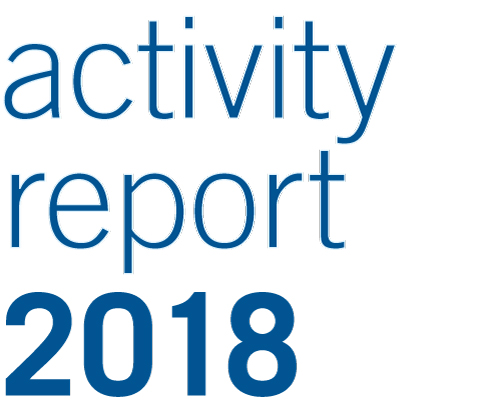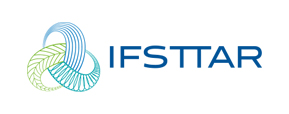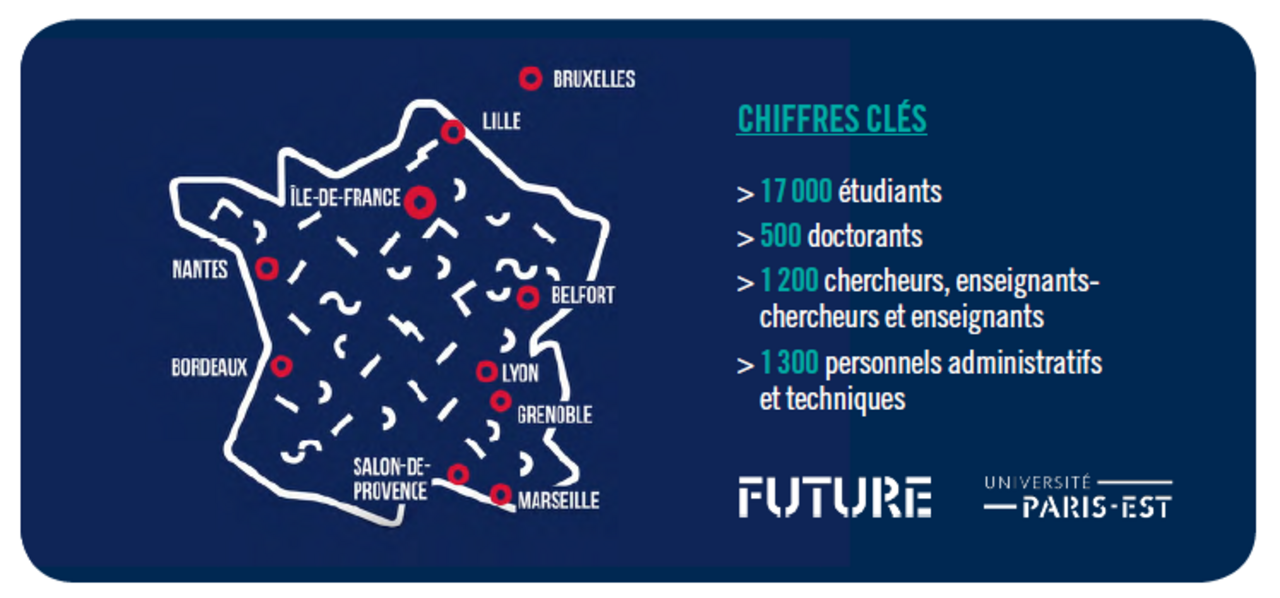Université Gustave Eiffel: A common goal, a shared approach
The new University will bring together a quarter of French research on cities and transport. On 1 January 2020, Université Gustave Eiffel will be officially created as part of the I-Site FUTURE project. This concretises the close links that IFSTTAR has maintained with 5 educational institutions located in Cité Descartes for more than 20 years: the École d’architecture de la ville et des territoires (School of Architecture for Cities and Regions) in Marne-la-Vallée, the EIVP, ESIEE Paris, the UPEM and the ENSG. Launched in 2017, this merger was based in particular on 11 "mutual understanding seminars" held between the staff of the founding institutions. These meetings, which took the form of discussions and workshops, were held from November 2017 to April 2018, and were attended by more than 1,500 participants. They have helped to build the foundations of an institution with an original, interdisciplinary model, unique in France as well as an international calling. What new opportunities will it offer to students, researchers or teaching-researchers? How will it respond to the societal issues raised by the transformation of cities? What will be its strengths and ambitions? The insights of representatives of IFSTTAR's 5 partner organisations are given below.
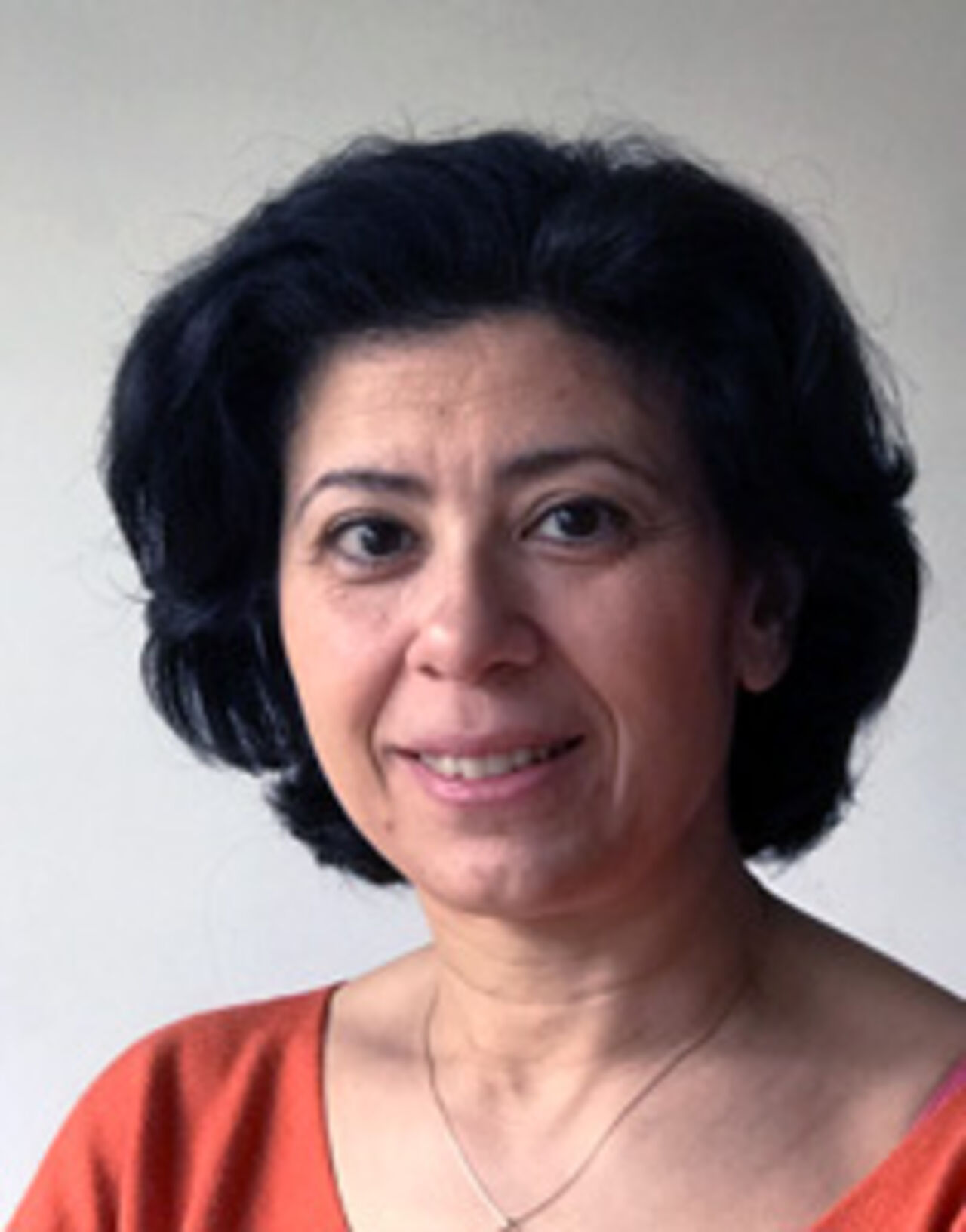
"Think differently about the growth of cities"
Université Gustave Eiffel is an exciting opportunity for our School. We will be among the first French national schools of architecture to be incorporated into a University, and hence to benefit from a stimulating research and training dynamic as well as additional resources. It is also a challenge, because we will be able to work with new partners and conduct research in a wider range of disciplines, not only in the technical and industrial fields, but also in the fields of policy, the solidarity economy, agriculture, light mobility, etc. Our ambition is to help establish a new place for technology in a resilient and resource-efficient world, on the one hand, but also in a world where social and financial issues remain crucial. This is the great challenge for engineers, but also everyone involved in the design of cities. In the age of climate change, architecture has an important role to play, to meet the challenges involved in the energy retrofitting of buildings, for example, but above all to think differently about the growth of cities and see it in the long term. Université Gustave Eiffel should also enable us to participate more actively in supporting public policies, a task for which IFSTTAR has much to teach us.
"A new model in the landscape of higher education and research in France"
As a response to a pressing societal issue, the city and the transport of the future, the Université Gustave Eiffel project is an extremely stimulating challenge. This merger between a university, a research organisation and engineering and architecture schools is unique in France and entails profound transformations for UPEM. It will constitute a new model in the French landscape of higher education and research. Its smooth creation demonstrates a genuine desire to move forward together in the same direction. IFSTTAR's sites located throughout the country, its expertise and its ability to support public policies will promote the collective production of research, training, expertise and innovation on sustainable cities, and also help to develop science that is open to society.
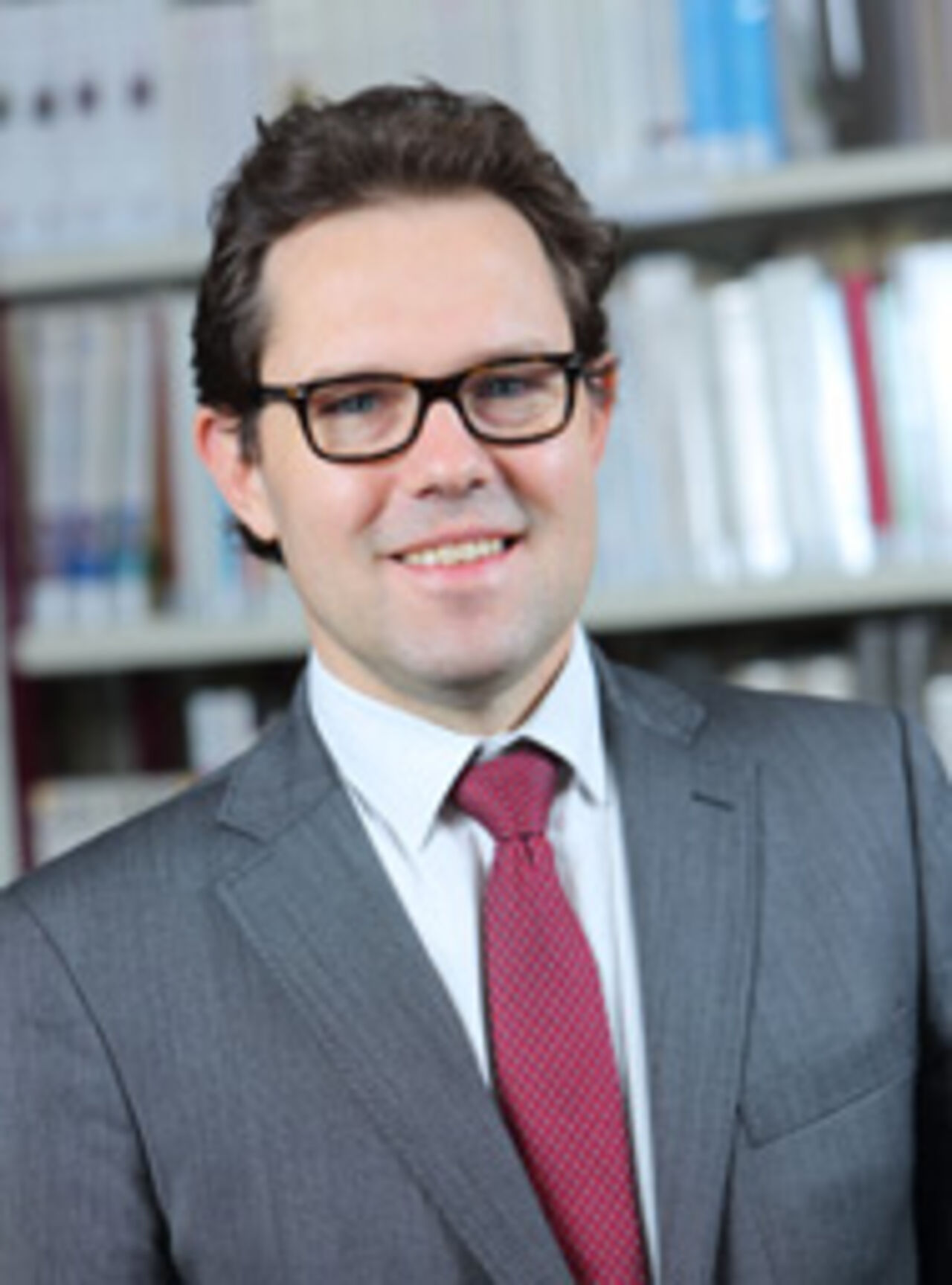
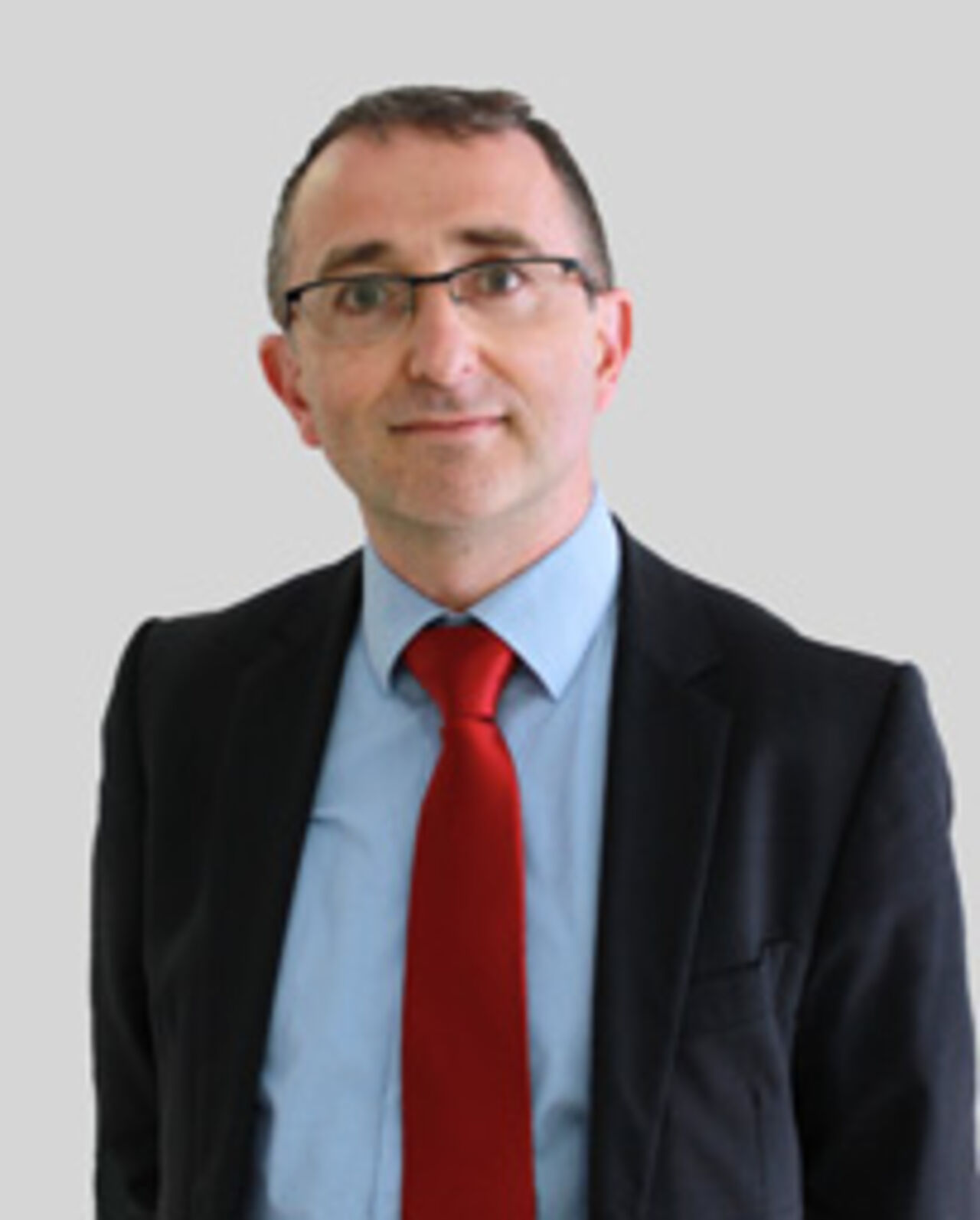
"Providing answers that are in line with the expectations of cities like Paris"
As a player in the field of urban engineering, being part of this project for a University focused on the city of tomorrow with an international reach is a tremendous opportunity. Thanks to enhanced synergies between the founding institutions, our engineers will have access to new educational resources, in particular through the more frequent involvement of IFSTTAR researchers in projects or courses. The Institute is going to share its expertise with higher education.
Tomorrow, with the Université Gustave Eiffel, we will be better equipped to provide analysis, technical responses and support for public policies that meet the expectations of cities like Paris.
"A set of skills to adapt cities to climate change"
Université Gustave Eiffel is a natural extension of the historical partnerships that have linked our institutions over the last 25 years. Due to the diversity of the themes covered by its different members, it will be able to cover all the scientific and technical issues raised by the city of tomorrow. Our School currently provides part of the solution in the area, for example, of adapting cities to climate change: geomatics and geographical information systems. As part of Université Gustave Eiffel, we will have all the necessary expertise to enhance this response: SIG3D and digital information systems, digital simulation, civil engineering, sustainable transport and mobility, architecture, materials and the energy performance of buildings, the design of more energy-efficient and better integrated infrastructure, etc. We will thus be able to collaborate on long-term projects and our students will benefit from extensive training courses to prepare them for new jobs that have yet to be invented. As a central player in our research ecosystem, IFSTTAR will be a real strength for the university, in particular thanks to its European dimension but also its experience in project management and the certification of research.
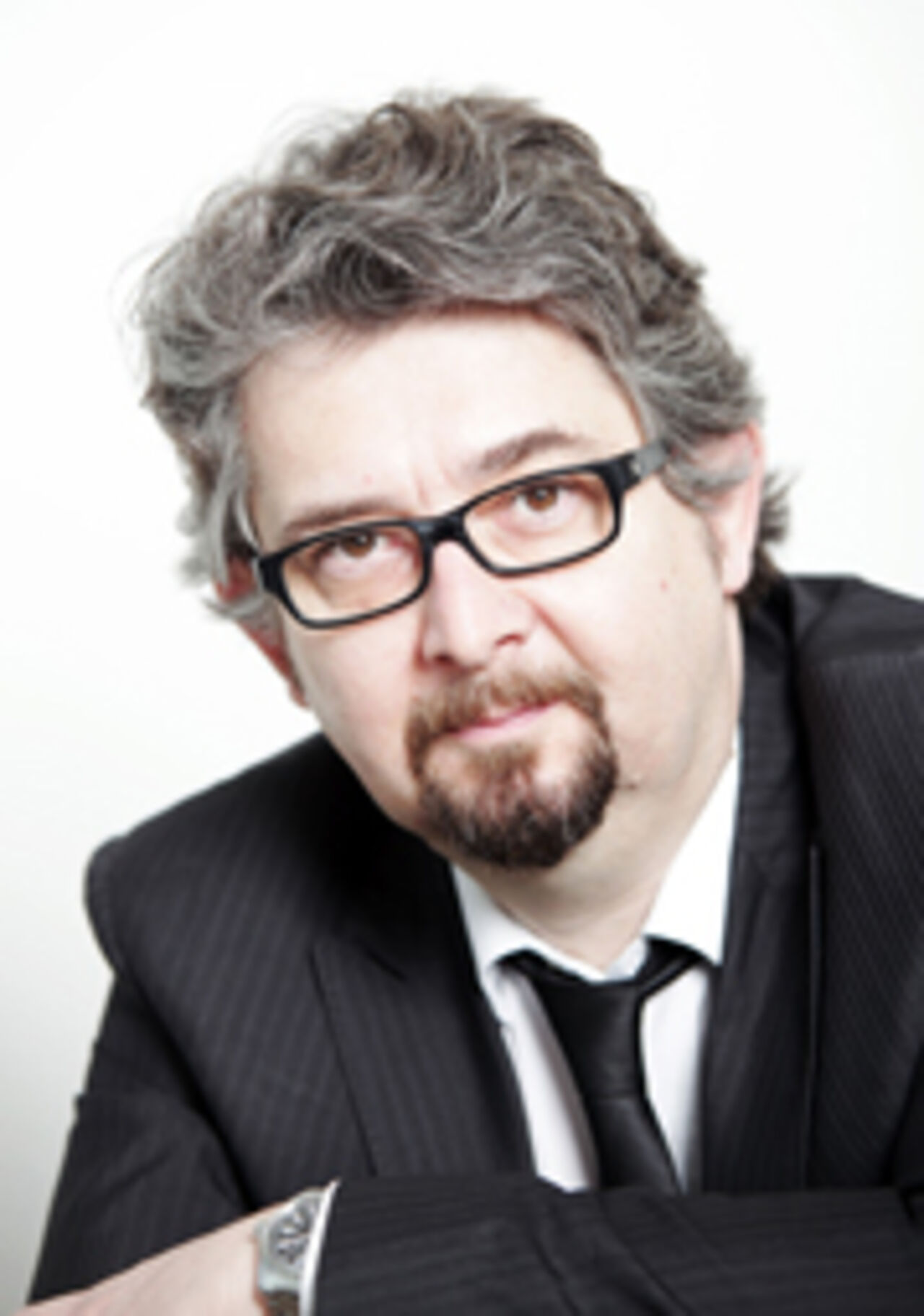
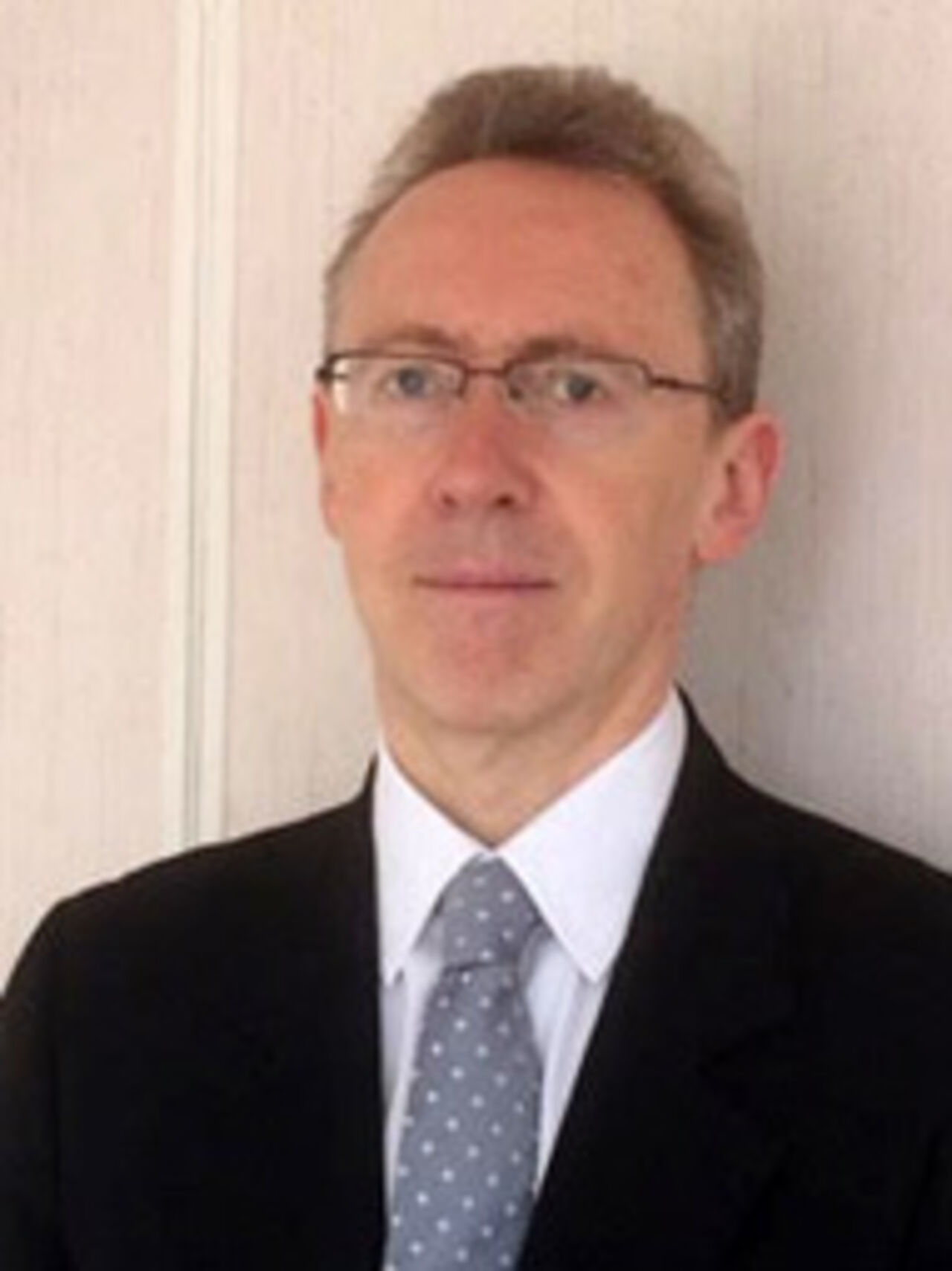
"A continuum that extends from fundamental research to real-world deployment"
This is an emblematic project that marks a turning point in the history of our School and which will shape its future. Becoming part of a body with approximately 17,000 students represents a change in scale for us and will help develop our international and research policies. With its highly original concept, Université Gustave Eiffel has two remarkable assets: a strong geographical presence with sites and campuses throughout France, and the support of a research institute, IFSTTAR. Partnering with its researchers provides an outstanding opportunity for our teacher-researchers. The mutual understanding seminars have demonstrated this potential for co-operation. In the field of urban sensors, for example, from research and prototyping in ESIEE Paris' clean rooms to large-scale deployment operations in Paris thanks to the EIVP, taking in experiments in Sense-City, we will be present on a continuum that extends from fundamental research to real-world deployment.
